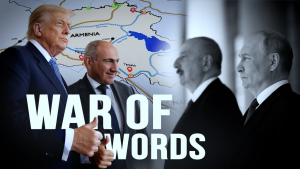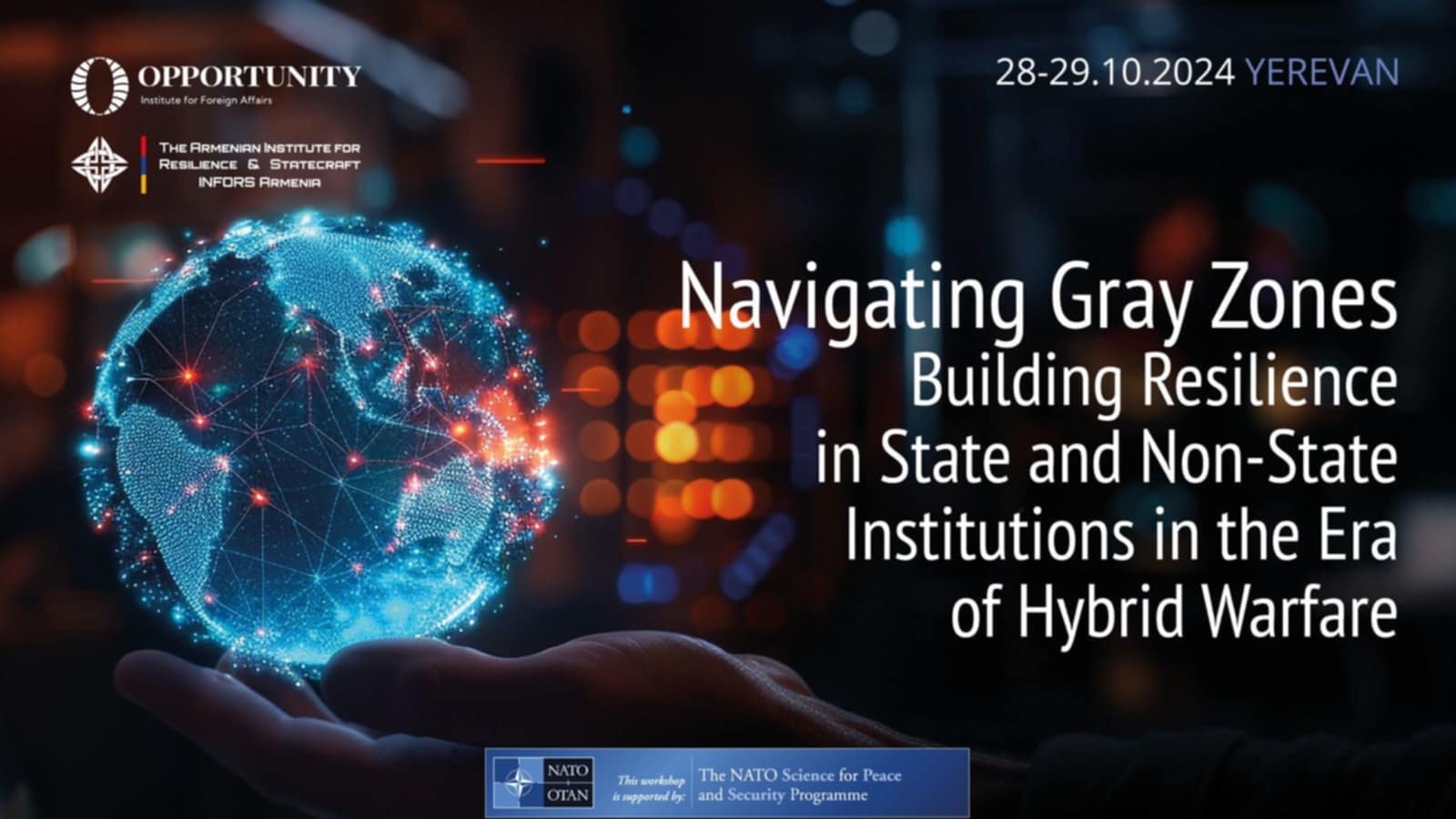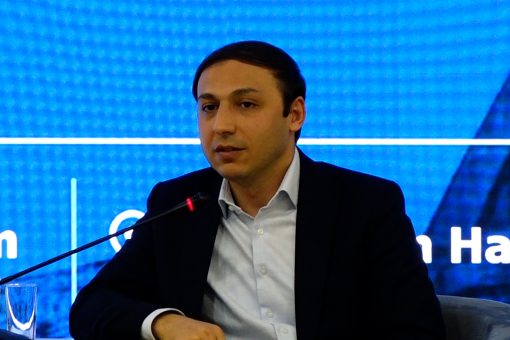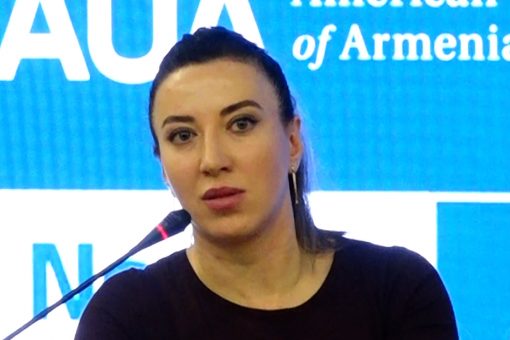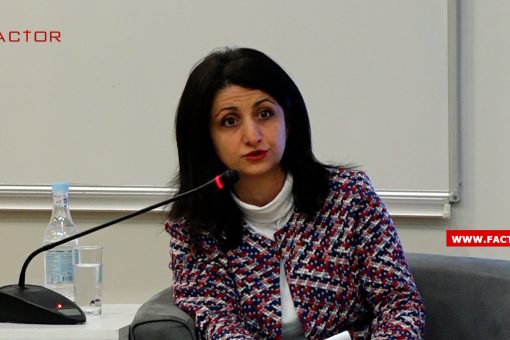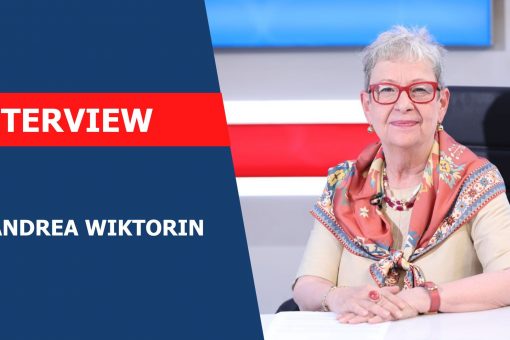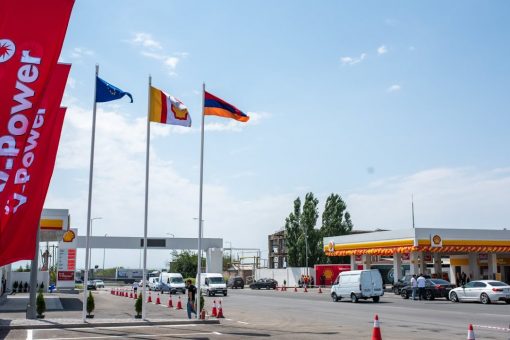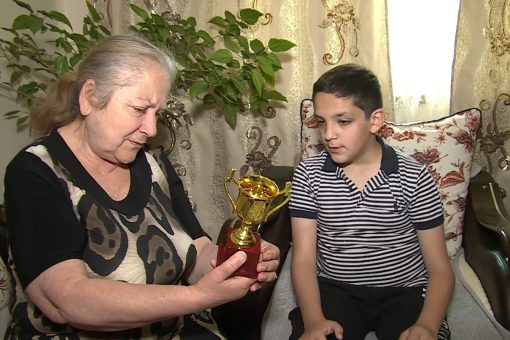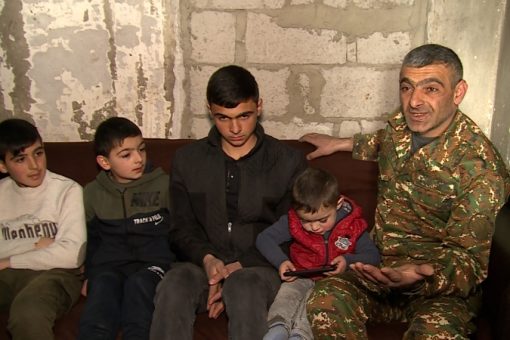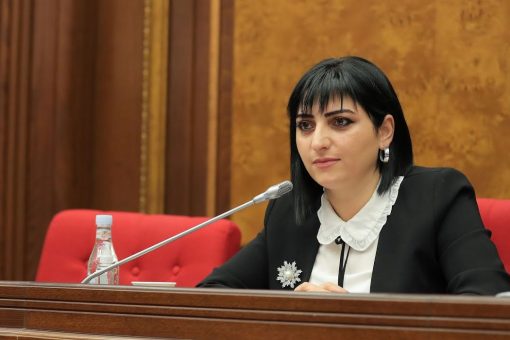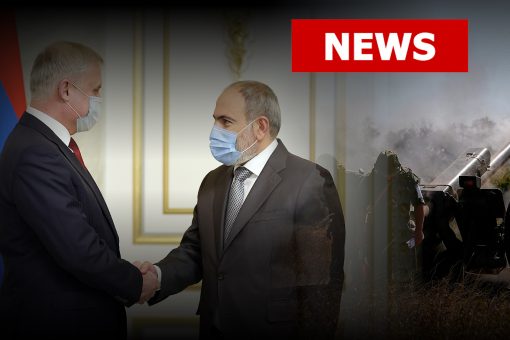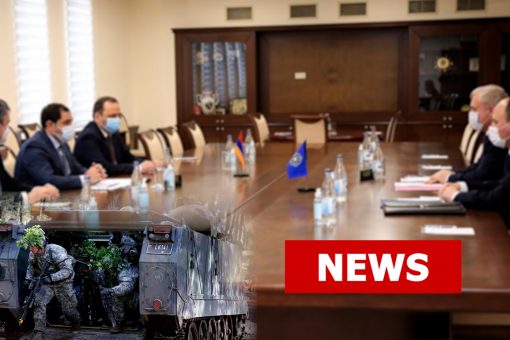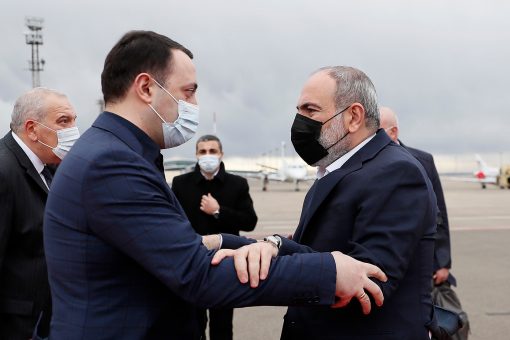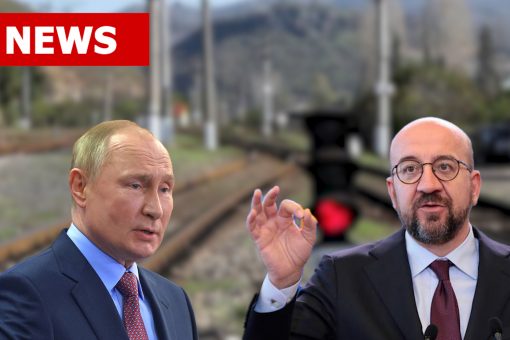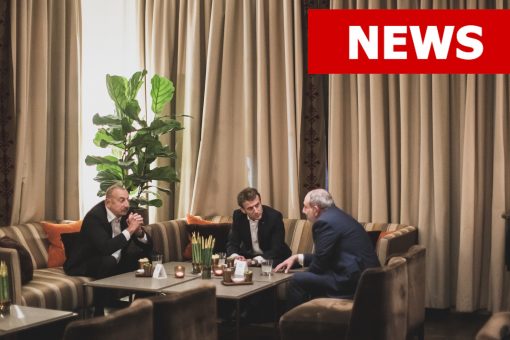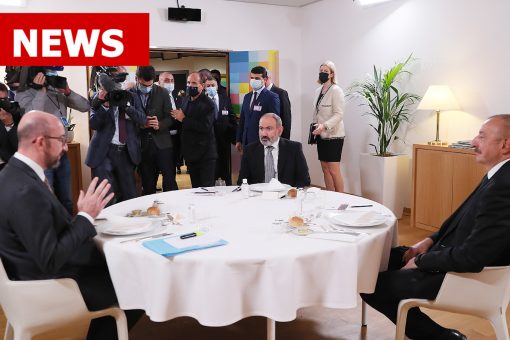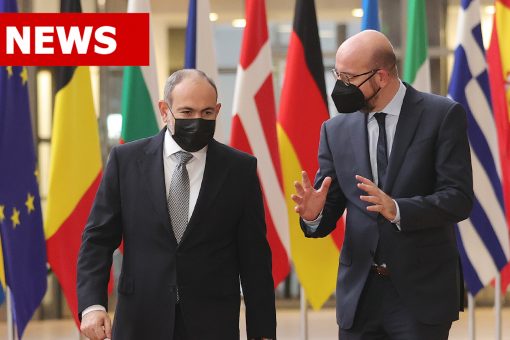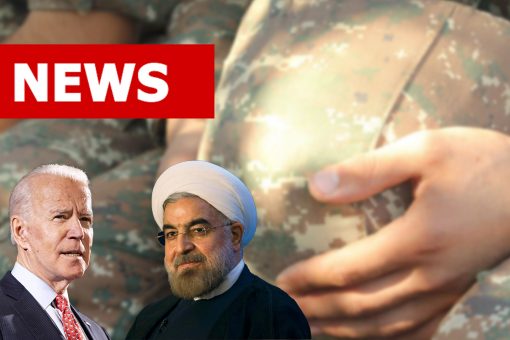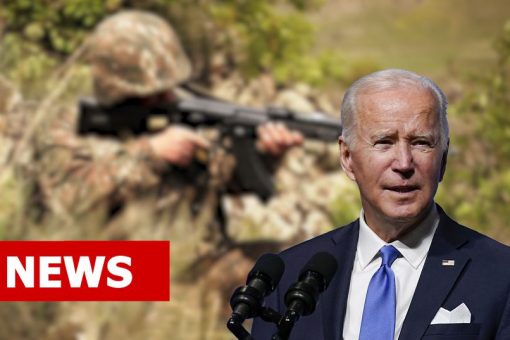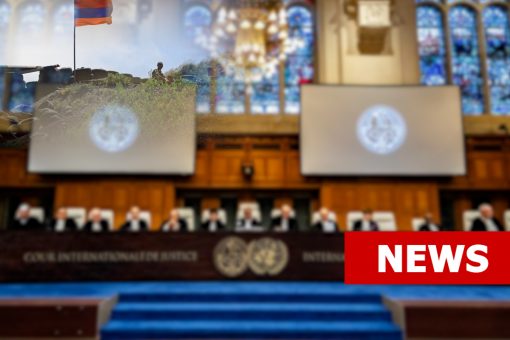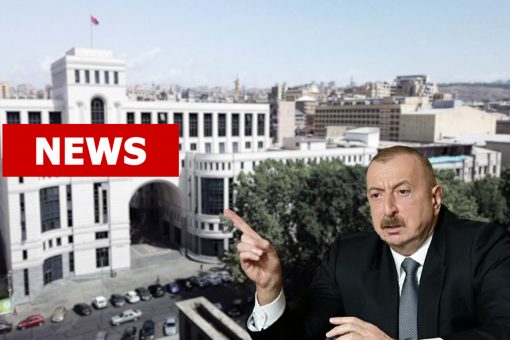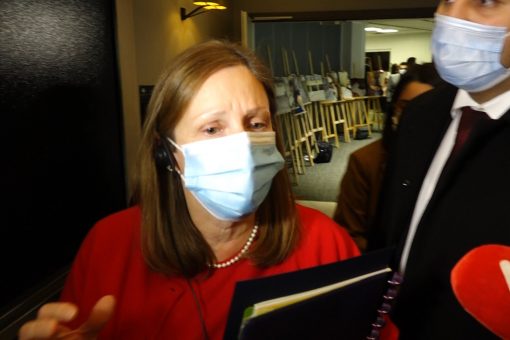It seems Baku is pressuring Yerevan to reach a comprehensive peace agreement – expert
POLITICS
26.07.2021 | 17:17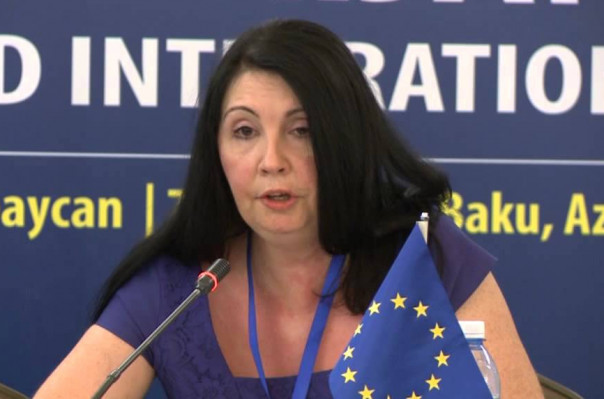
Amanda Paul, Senior Policy Analyst for Russia, Turkey and Eurasia at the European Policy Center (Brussels), answers Factor.am’s written questions
Q: Mrs. Paul, the situation along the borders of Armenia and Azerbaijan is not peaceful. Azerbaijani troops opened fire on Armenian positions in the Yeraskh area (the questions were sent on June 21 before the Armenian positions in the Kut community of Gegharkunik Province were shelled by the Azerbaijani units). In your opinion, what is the goal of Azerbaijan, what can it achieve with this moves?
A: The situation, the escalation of tension between the two sides, is very worrying. Each side accuses the other of inciting these incidents by spreading misinformation. It seems that Baku is pressuring Yerevan to reach a comprehensive peace agreement.
Q: How should Armenia react to this policy of Azerbaijan?
A: Both sides must agree on a dialogue. Baku wants Yerevan to formally recognize Azerbaijan’s sovereignty over its territory, which will end with the signing of a peace deal. So far, Armenia has not shown any sign that it will do that, but that does not mean that it will not happen.
Q: The international community, the United States, the European Union and the OSCE call on the parties to engage in dialogue. In your opinion, when will the parties want to have a dialogue?
A: The international community is ready to support the establishment of a dialogue. The EU has stepped up its efforts to play a greater role. During a recent visit to the South Caucasus, Charles Michel stressed that the EU is ready to play a positive role as an honest broker in ensuring peace and stability in the region. EU foreign policy chief Josep Borrell also said the EU was committed to solving the region’s problems in the long run and was determined to get more involved. The EU played a key role in the post-war period in the Western Balkans, and many of the lessons learned from the tools used here can be used in the case of Azerbaijan and Armenia. However, it also depends on Armenia and Azerbaijan on their willingness to be involved in the process.
Q: What influence can the international community have on resolving these issues?
A: It is obvious that the international community would like the problem to be solved and there to be lasting peace in the region. The current tensions and escalations are detrimental to the region. However, this is not a foreign policy priority for them. For example, although the United States says it would like to resolve the issue of tensions between Azerbaijan and Armenia, it has much more urgent issues to address, such as China, Russia, its withdrawal from Afghanistan, and so on. We are talking about levers, it is not clear whether the US or the EU have enough leverage to use, or are they ready to use what they have, as it can create risks, hinder the achievement of their goals. During the war, the role of both the US and the EU was largely marginal, while in the case of France, for example, Baku accused it of being biased.









